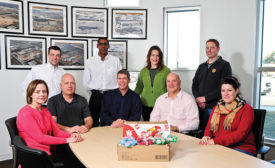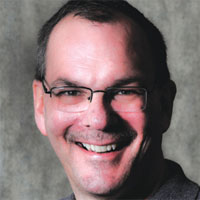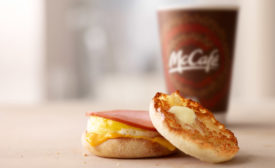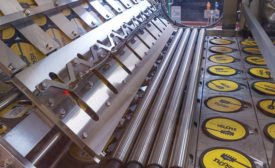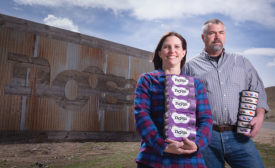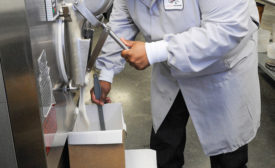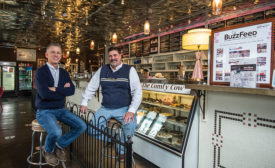Articles by James Carper
Congratulations to the management and employees of the Bel Brands USA cheese plant in Brookings, S.D. The facility has been selected as Dairy Foods’ Plant of the Year for 2016.
Read More
Looking forward to 2018
In 2015 Alibaba Group founder Jack Ma told a CNBC interviewer that the time to worry about next quarter was two or three years ago. If you are thinking today about what you are going to do in the next three months, you’ll be in trouble, he said.
August 12, 2016
The word from McDonald’s is dairy foods are 'delicious'
Dairy Foods goes behind the scenes to learn how the fast food giant works with dairy processors on foods and beverages.
August 9, 2016
Dairy daze
Think of China as a dairy trader, not as a producer or buyer
Because China has sufficient domestic production, it can decide to use what it makes or import dairy products, says an analyst at of INTL FCStone Financial.
June 16, 2016
Inside the dairy plant: Noosa Yoghurt, with a side of milk
A Colorado dairy farmer had a nice milk bottling operation. Then he founded a yogurt company with an Australian ex-pat. Today, yogurt far eclipses the milk business.
June 15, 2016
Comfy Cow premium ice cream sees success and growth
When Whole Foods said it wanted to carry pints of The Comfy Cow’s super-premium ice cream, the founders invested in a bigger plant and additional equipment. A growing franchise operation also is creating demand.
May 9, 2016
U.S. dairy industry opposes WHO proposal to limit milk consumption by children
U.S. dairy processors and producers cannot ignore proposals by the United Nations, rules by the European Union and actions by our trading partners.
May 8, 2016
Stay ahead of the curve. Unlock a dose of cutting-edge insights.
Receive our premium content directly to your inbox.
SIGN-UP TODAYCopyright ©2025. All Rights Reserved BNP Media.
Design, CMS, Hosting & Web Development :: ePublishing
